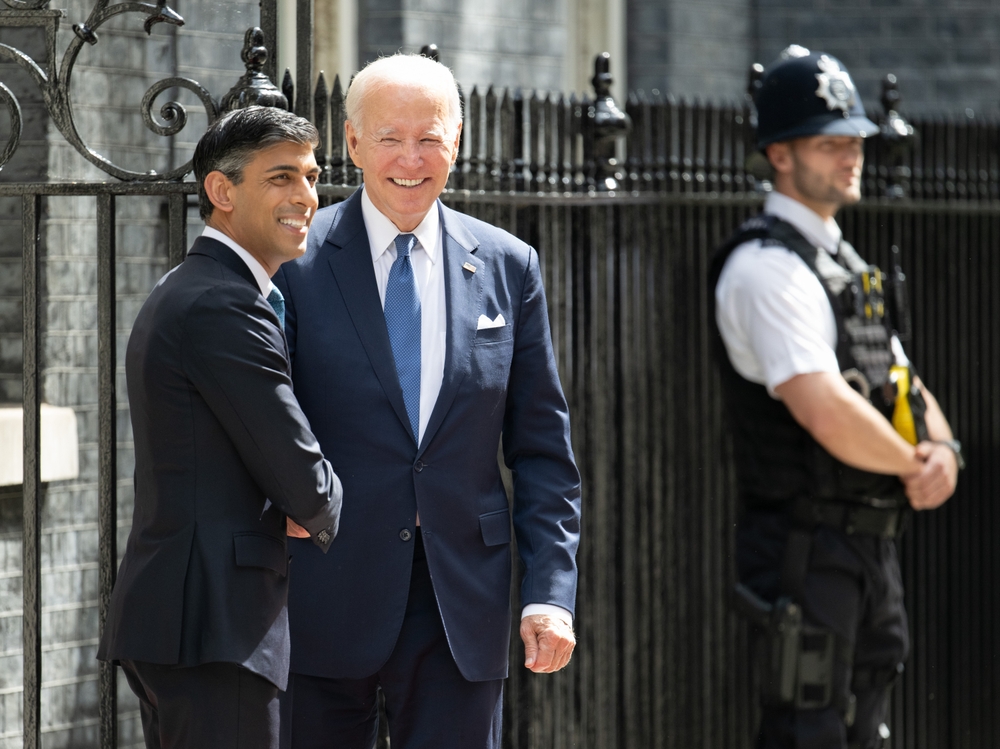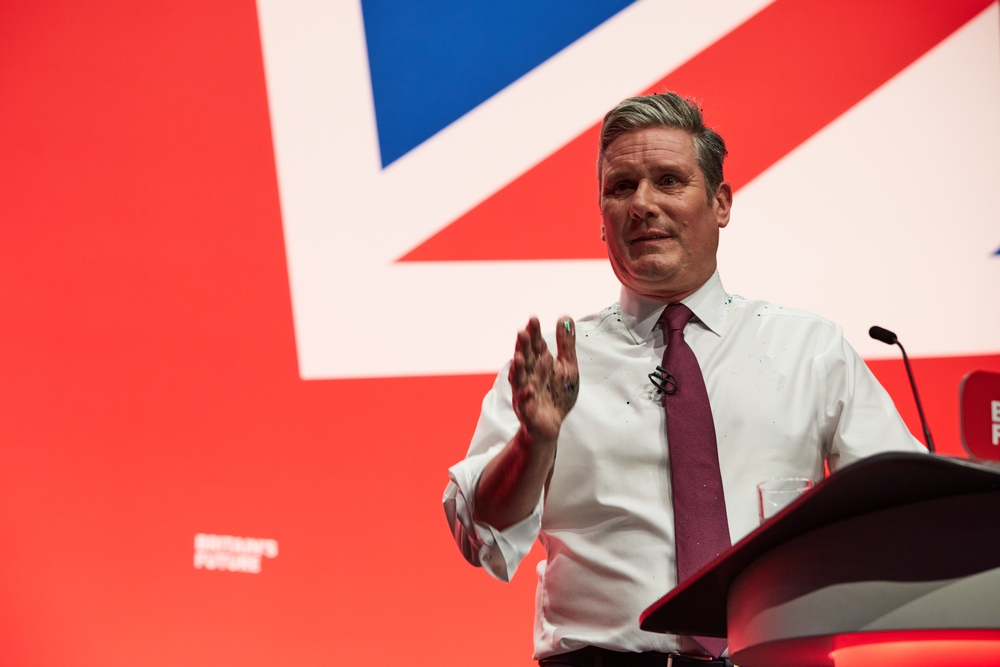
One of the most telling parts of the research I do is hearing from voters which political stories have stayed in their minds from the last few weeks and months. Notably, one of the first things to be mentioned in all our focus groups this month was the Labour antisemitism row. This is significant because it is the sort of story that usually stays well inside the beltway. The fact that normal people with a limited appetite for politics raise it spontaneously is a bad sign, especially since it suggests to them not only the presence of unpleasant elements within the Labour Party but a colossal lack of leadership for allowing it to drag on for so long.
On the Tory side, the thing that had caught people’s imagination was Theresa May dancing in Africa. The response among the voters we spoke to was actually rather warm: she was being a good sport joining in with her hosts, and as for the mocking, she could hardly win: “if she tries to get involved she’s ridiculed, and if she stood back she would be called cold.” Quite so. But going into politics for the sympathy would be as daft as going into it for the money.
*
Another rather poignant aspect of the groups was hearing Leave voters reflect – good humouredly, for the most part – on how thoroughly they are looked down upon by a large chunk of the country. In different parts of the country bank managers, engineers, police officers, managing directors and teachers, among many others, knew that many in the cosmopolitan classes regarded them as knuckle-dragging bigots with barely a thought in their heads. It also brought home to them how alien they seemed to much of Remain-voting London: “It’s like we drive on the opposite side of the road because we’re way up the M1.” Will the gulf close when Brexit is done? Somehow I doubt it.
*
At least political life would be less complicated if the Brexit division were the only one. The other, austerity, remains a defining question for voters after nearly a decade. It would help if the two divisions lined up neatly, but they don’t: my research finds that only a third of pro-austerity voters, the basis of David Cameron’s 2015 majority, voted to remain in the EU, while nearly four in ten on the anti-austerity side voted to leave. Hence, as I explain at greater length in today’s Mail on Sunday, the result of the last election, and the extreme difficulty for both sides of putting together an election-winning coalition as things stand. The prize for the first party to appeal beyond these two divides is obvious.
*
To Tories of my generation, the ideas we heard from Labour last week are self-evidently terrible. Wholesale nationalisation, more state control, less freedom for schools, and ever-higher taxes to pay for more and more public spending are ideas that we thought had been seen off thirty years ago. If only that were true. As Robert Halfon observed, Labour have identified real worries among many voters and however bad their solutions, the last election gives us some idea how foolish the Conservatives would be to rely on fears of Jeremy Corbyn and his agenda to keep Labour out of office.
And as my latest research shows, nor can we rely on Brexit to deliver another Tory term – however good a deal the government manages to conclude with the EU. Voters want Brexit to be dealt with, but they are as fed up with hearing about it as the PM herself must surely be. The party needs to use this week to show there is more on its agenda.
*
The conference agenda opens this afternoon with a session on Global Britain, featuring the Trade, International Development, Defence and Foreign Secretaries in that order. Or does it? It is said that Penny Mordaunt has been mulling over relinquishing her platform slot in order to make way for speakers doing great works in the development field. It would be an unusual move from an ambitious Minister, but she is far from being an orthodox politician. By tea time we will know what she decided.
*
Researching White Flag?, my new book on defence with Isabel Oakeshott, has been a fascinating experience. Some very smart and well-placed people were kind enough to share their experience and wisdom – much of it rather sobering, as you may have seen from the extracts in the Daily Maillast week. One of my favourite quotes, apposite in the light of the news in recent days, was from a senior figure in NATO, ruminating on the threat from the East: “Most observers say that Russia is not ready for a big conflict with NATO. I agree. But Russians are crazy.”


